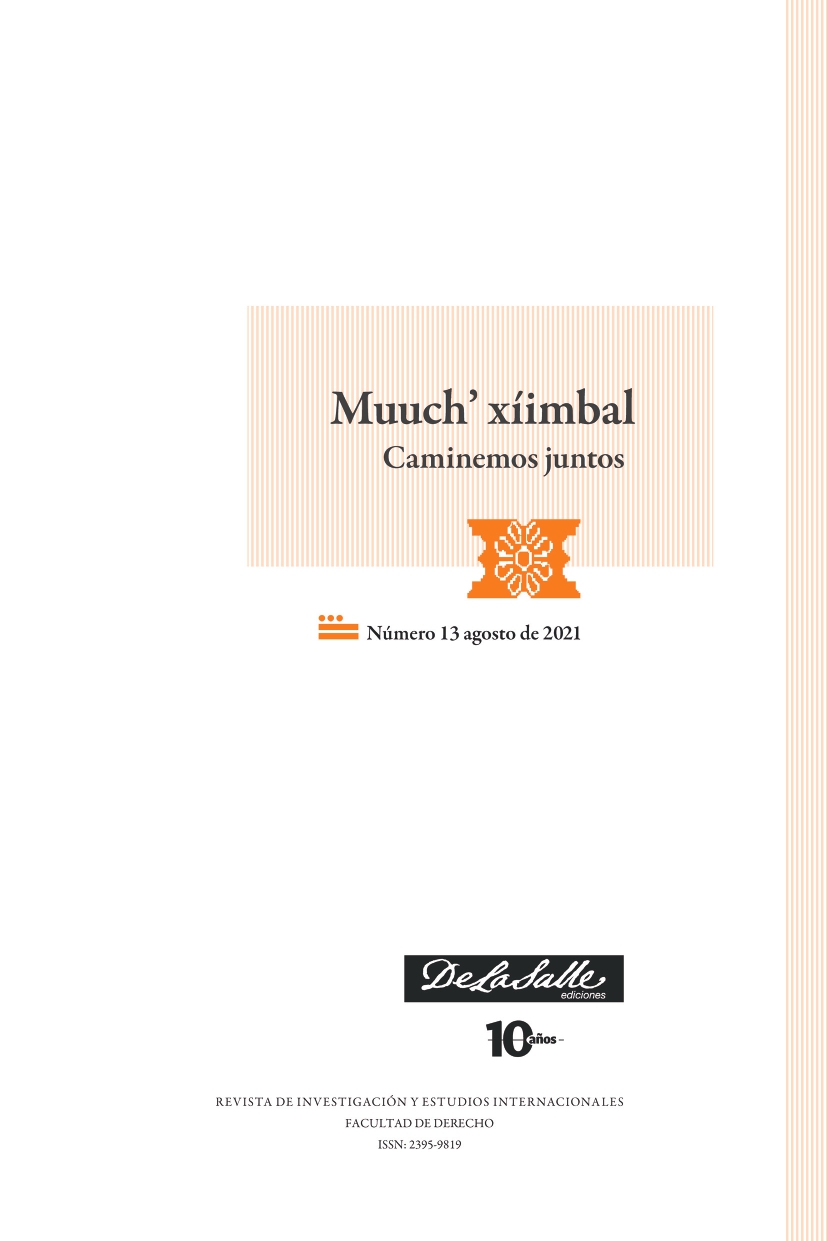Narración, identidad y nación iraní en la República Islámica de Irán
DOI:
https://doi.org/10.26457/mxcj.v0i13.2992Resumen
La identidad iraní se compone de diversos factores, la mayoría de los autores coinciden en cuatro: territorio, lengua, religión e historia. Como la idea de nación va cambiando y se adapta a los contextos, cada régimen exalta la o las características que más se acercan a su ideología. En la República Islámica, la religión se ha convertido en la más importante, pues se legitima al asegurar que sólo su gobierno puede lograr que los asuntos terrenales estén en concordancia con la revelación; pero los discursos evolucionan y cada presidente ha tenido aproximaciones distintas a la idea de nación.
Palabras clave Nación, identidad, narración, Irán, República Islámica.
Referencias
Aghaie, K. S., & Marashi, A. (2014). Rethinking Iranian Nationalism and Modernity.
University of Texas Press.
Ansari, A. M. (2012). The politics of nationalism in modern Iran. Cambridge University Press.
Banuazizi (2015) Foreword en Meskoob, S. Iranian national identity and the Persian
language. Mage Publishers.
Grinberg. (2017). Pre-revolutionary Islamic discourse in Iran as nationalism: Islamism in
Iran as nationalism. En Litvak, M. (Ed.). Constructing Nationalism in Iran: From the Qajars to
the Islamic Republic. Taylor & Francis.
Jomeini, R. (2002). Islam and revolution. Routledge
Jomeini, R. (1985). The Little Green Book: Selected Fatawah and Saying of the Ayatollah
Mosavi Khomeini. Bantam Books.
Keddie, N. (1995). Iran and the Muslim world: resistance and revolution. Macmillan.
Litvak, M. (Ed.). (2017). Constructing Nationalism in Iran: From the Qajars to the Islamic
Republic. Taylor & Francis.
Shahrokh, M. (2015). Iranian national identity and the Persian language, Mage Publishers.
Mohammadpour, A., & Soleimani, K. (2020). ‘Minoritisation’of the other: the Iranian
ethno-theocratic state’s assimilatory strategies. Postcolonial Studies.
Samuel, A. T. (2017) Guarding the nation: the Iranian revolutionary guards, nationalism
and the Iran-Iraq War. En Litvak, M. (Ed.). Constructing Nationalism in Iran: From the Qajars
to the Islamic Republic. Taylor & Francis.
Soleimani, K. & Osmanzadeh, D. (2021). Textualizing the Ethno-Religious Sovereign
Nationalism, History, and Ethnicity in the Perso-Islamic Textbooks. Journal of the Association
for the Study of Ethnicity and Nationalism. DOI: 10.1111/nana.12705
Soleimani, K. (2017). Modern Islamic Political Thought, “Islamism” and Nationalism.
Journal of Humanities and Cultural Studies R&D. 2(1), 1-16
Tabatabai, M. (2020). Social Relations in Islam, [Kindle]
Zimmt, R. (2017). Iranian nationalism, Islamic unity and Shi‘ism in Iran’s regional policy:
from the Pahlavis to the Islamic Republic en Litvak, M. (Ed.) En Constructing Nationalism in Iran:
From the Qajars to the Islamic Republic (Vol. 25). Taylor & Francis.




